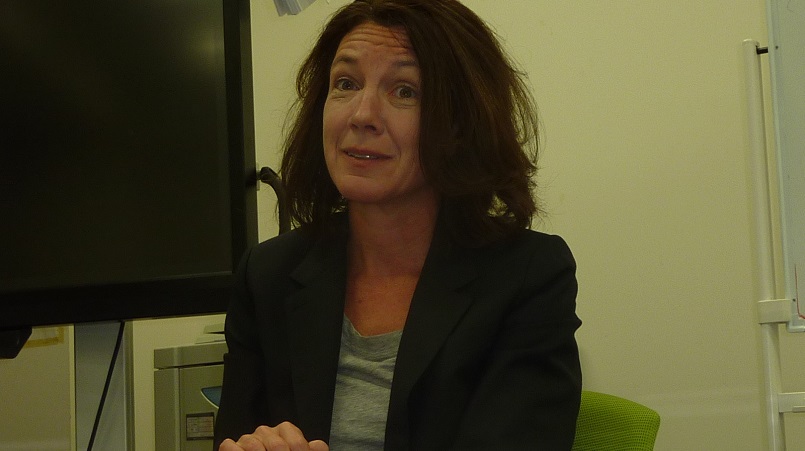
Empowering communities is important in policy and implementation planning for protected areas (PAs) in Papua New Guinea.
Environment policy expert based in Japan, Anne McDonald, says working closely with resource owners and government agencies is vital in developing a management plan for PAs.
The Canadian environment policy scholar and Professor of Sophia University at Tokyo, in Japan, highlights the importance of involving landowners in decision-making for PA policies.
McDonald has conducted field research in Japanese agricultural and fishing communities for over two decades now.
She educates on how to balance economic development and environmental conservation of island nations.
The PNG PA policy and implementation plan is currently being drafted with consultative workshops ongoing between government agencies, landowners and non-governmental agencies.
McDonald told Loop PNG that resource owners, customary areas and traditional management that already exist in PAs, must be respected and considered in policy planning.
She said policy makers must consult resource owners on areas that might need re-adjustment when developing a management plan.
McDonald explained that PA management plans should be co-designed by the different stakeholders with big emphasis on resource owners because in the end, they’re the ones that must benefit.
“It’s important to share the ownership of policies and not just come up with a top bottom approach but look at what is there and discuss on what is working and what is not working,” she stated.
“This way, they will be able to identify why things are not working out and come up with the way forward.
“You must establish long term 5 year to 20 year plans as none of this will be achieved overnight,” McDonald said.
She added that there should be incentives along the way for the resource owners, who might have to bear the effect of the negatives of the tradeoff.
